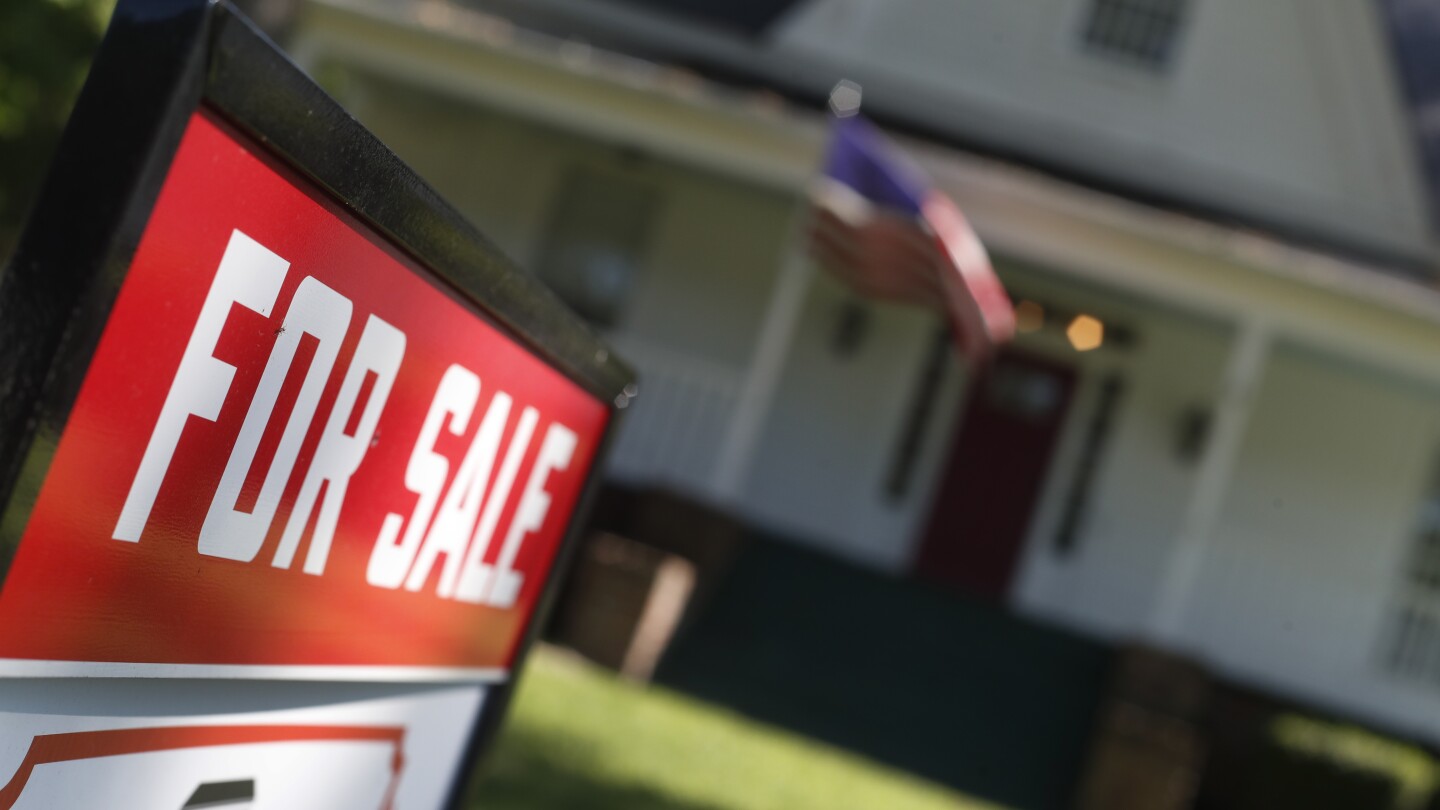With a runup in home values sparking higher property taxes for many Georgia homeowners, there is a groundswell among state lawmakers in this election year to provide relief.
Georgia’s Senate Finance Committee plans a hearing on Monday on a bill limiting increases in a home’s value, as assessed for property tax purposes, to 3% per year. The limit would last as long as the owner maintained a homestead exemption. Voters would have to approve the plan in a November referendum.
Meanwhile, Republican House Speaker Jon Burns of Newington proposes doubling the state’s homestead tax exemption, a measure likely to cut tax bills by nearly $100 million statewide.



If they cap the rate the house can be assessed for at 3% growth per year, they won’t have enough money to keep the state running if the actual rate of inflation is consistently around 5%.
Generally, the state is the biggest employer in any given state. If they don’t have the money to give it raises that match the rate of inflation, the state employees have less purchasing power than they did a year ago.
Any social programs would have that same obstacle.
This is treating a symptom, and it’s going to have repercussions.
Each state taxes differently. I’m not familiar with Georgia’s specifics. I live in MN. School funding is done via property tax and supplemented with a per student amount from the state. If the property tax is capped to 3% a year, if property tax is the primary funding for schools, teacher raises would be have to be capped to 3% a year.
New developments or places with higher turnover (tax assessed value resets when the house is sold) could be able to pay significantly more for teachers than older stable neighborhoods. That excentuates the suburban flight.
Probably less, since there are other costs that will continue to go up faster than levies can account for.